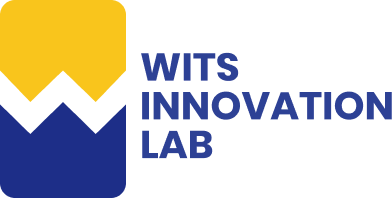Description
Position Responsibilities
Integrating various platforms with CyberArk, such as different LDAP providers, Windows Servers, UNIX Servers, Databases, and networking Devices.
Create security reports used for troubleshooting and problem resolution.
Central Policy Manager (CPM) policies management or redistribution.
Perform health check monitoring on all CyberArk severs to ensure consistent availability of system to end user collect data and generate reports per specifications.
Test and certify new product versions, bug fix, and provide detailed reports.
Responsible for Privileged User account administration of various Windows and UNIX accounts using CyberArk components.
Creating and Managing Safes, Platforms and Owners.
Maintain Security tool FAQ and Support Documentation.
Required Skills & Experience
5+ Experience with CyberArk installation and upgrade full stack on Linux and Windows.
Experience with automating local administrator accounts (Windows desktops, and Servers, RHEL, Solarisv10, Solarisv11, IBM AIX, and HP).
Experience with onboarding database accounts into CyberArk.
Experience providing continuous operations and maintenance support including patches, releases, version updates and security vulnerabilities.
Knowledge on CPM and PSM connector customization.
Basic understanding of high-availability (HA) and failover implementations for network infrastructure and server systems.
Extensive experience with digital password vaulting solutions.
Ability to document installation procedures, Standard Operating Procedures (SOP), etc.
CyberArk Platform certification preferred.
Experience in Windows programming (.Net, VB Scripting, PowerShell, Administrative scripting) is an added advantage.
Good documentation skills for Project specific artefacts like Design/ Use Cases/ Test Cases etc.
Good Client interaction skills.
Excellent communication skills.
Desired Skills & Experience
IT Security professional with a background working with Privilege Identity and Access Management software solutions.
Individuals will need a strong background in IT security, and ability to convert business requirements into technical documents.
Candidate must understand industry best practices for Privileged access administration (Provisioning, de-provisioning), access enforcements (authentication protocols) and access governance (certification, logging, monitoring etc.
Knowledge of secure coding best practices.
Key Skills
Education
Any Graduate
- Posted On: 13-Dec-2024
- Experience: 5+ years of experience
- Openings: 1
- Category: Senior CyberArk Developer
- Tenure: Flexible Position

